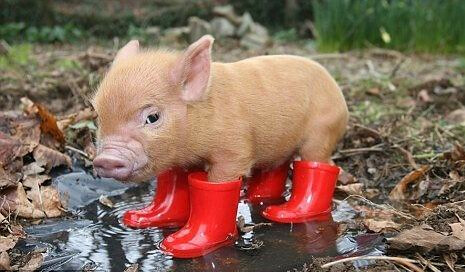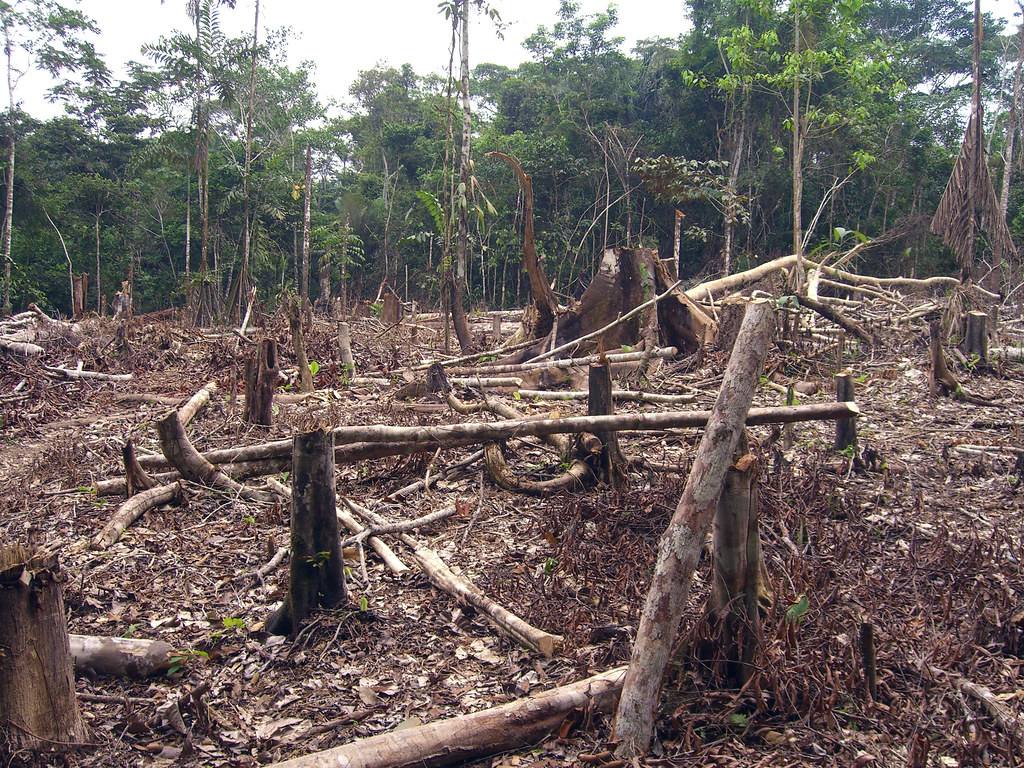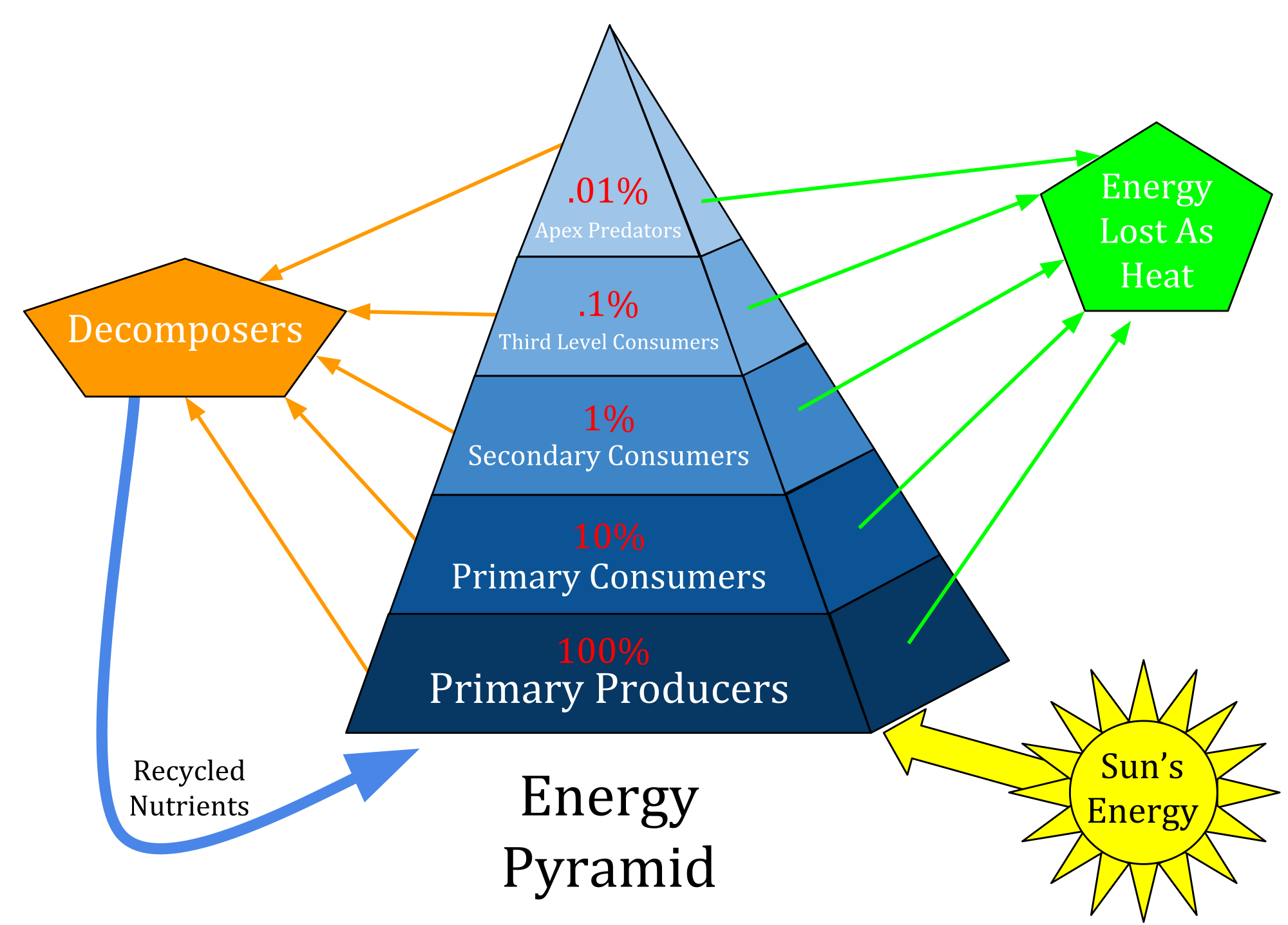In the world of agriculture, one emitter stands head and
shoulders above the others; meat. Now, I wrote my undergrad dissertation on a
facet of this topic, and so in the interests of not plagiarising myself and
also of just researching something else for a change, I’ve elected not to focus
too closely on this particular issue; but it’s not one that I can ignore
entirely, and with good reason. Part of that reason is that, as a vegetarian
myself, I am inclined to feel somewhat smug about the whole ‘my carbon
emissions are lower than your carbon emissions’ thing, but that smugness was
not enough to get me through a 12,000 word dissertation on its own. The fact of
the matter is, it’s a big issue. Setting aside the ethical arguments for and
against meat – which, while close to my subjective heart, really have little to
no place in science – the consumption of animal products, constantly growing
with economic improvement, contributes hugely to the dietary greenhouse gas
emissions of a large number of the human population, while the cultivation of
livestock tends to result in huge swathes of deforestation (case in point: the
Amazon).
It’s simple food
chain dynamics, at its basic level; the higher up the chain you go, the more cumulative
effort is being put in to get the energy attained from consuming another
organism. Enormous amounts of grass or hay or soy have to go into feeding a cow
every day for months or years, just to feed a human for one meal. One study
(
Cassidy et al, 2013) calculates that around 36% of crop calories produced by
humans do not make it to a meal eat by a human. Which is not just inefficient;
producing the food for
your food
requires energy, and land, and land use change. That production leads to the
release of greenhouse gases, such as carbon dioxide and methane, into the
atmosphere; and that’s something we generally view as bad. Not only this, but in
order to produce all the food, and the food’s food, we have been cutting down our
rainforests. I’m going to cover the effects of deforestation and monoculture on
an ecosystem elsewhere, but suffice it to say that over the last 40 or so
years, around
15-20% of the Amazon Rainforest has been deforested, much of it
for use as
land for cattle ranching. Trees take in carbon dioxide; the more we cut
down, the fewer there are to mitigate our own emissions. So we’re really
shooting ourselves in the foot with that one.
An example of an energy pyramid, showing
how less energy is available the higher you go.
Now, I am not
suggesting that the whole world goes vegetarian (though if we did, we’d have a
lot more land free for important things like forests and orangutans) but
honestly, just small changes can make a big difference. In the western world,
we’ve grown accustomed to having relatively cheap meat easily available to us
at all times, but this wasn’t always the way. The average amount of meat which
makes up a diet in the west has increased significantly with the decrease in
prices of animal products as intensive farming and long term storage became
more and more popular (
Hawkesworth et al, 2010). People used to live with a lot
less of it, and they did pretty well. Actually,
it’s healthier to cut back a bit.
There have been a few policies or movements, in the last few
years, calling for a decrease in meat consumption. Pope Benedict XVI, in 2011,
recommended that Catholics cease eating meat on Fridays; ‘fish Fridays’, as the
practice has become known. This is more for a
religious observance, but it’s
still an easy way to cut back on meat. That one day a week adds up. The mayor
of Turin, Italy, has
announced plans to create the world’s first ‘meat-freecity’, with a vegan food festival, educational programmes about alternative
diets in schools, and a meat free day every week, all to encourage people to
consume less meat in the name of environmentalism. This mayor’s ambitious plans
are not without push-back from a city with a rich culinary history, but from an
environmental standpoint it’s a step in the right direction.
I don’t want to come across as too
preachy, so I won't go on too much. But the point is if you eat meat or other animal products then your
dietary emissions are probably higher than someone who doesn’t, and that might be a
problem.
If you're interested in transitioning to a meat-free, or just lower meat, diet then the
Vegetarian Society has lots of useful information on how to do so healthily, and
Happy Cow is really great for finding good veggie restaurants near you.




